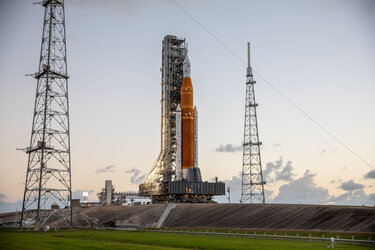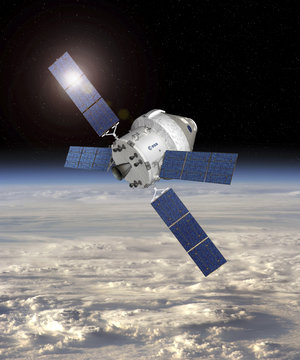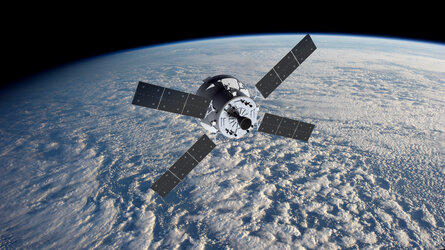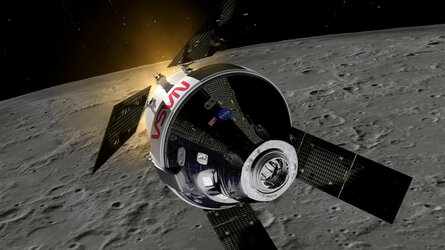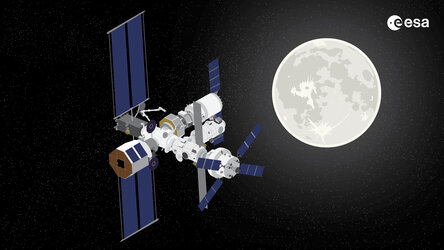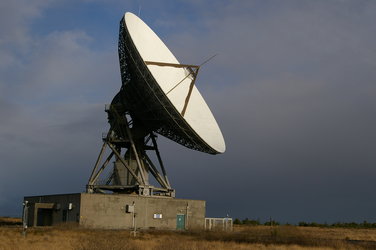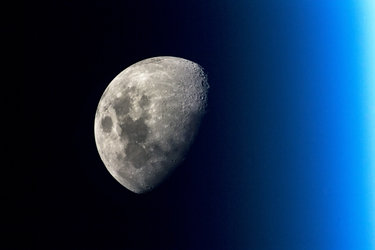UK celebrates launch of Artemis I lunar mission
British space companies have welcomed the launch of the first mission of NASA’s Artemis programme as they advance the development of technologies to support lunar exploration.
The UK is contributing to the programme through its membership of ESA, which is NASA’s key partner in Artemis.
The uncrewed Artemis I mission – which lifted off from the Kennedy Space Center in Florida, USA – is the first in a series of increasingly complex expeditions that aims to return people to the Moon before 2030.

Astronauts will make this journey in the Orion spacecraft, powered by the European Service Module.
Artemis I is sending Orion – which was launched by the Space Launch System – around the Moon and back, serving as a test-flight to enable future missions that will carry astronauts.
The European Service Module – developed by ESA and its partners – is the section of Orion that supplies air, water, electricity and propulsion.
UK company iNetic is developing hardware that will form part of the module’s second-generation solar array drive mechanism, designed to orientate its distinctive solar wings. This will be implemented from the fourth flight of the module onwards.

The Artemis programme also includes the construction of Gateway, a Moon-orbiting staging post that will enable regular trips to deep space. ESA is delivering key elements of Gateway.
As part of the agency’s contributions, British industry is helping to develop Gateway’s ESPRIT module, which will provide communications and refuelling services.
Thales Alenia Space in the UK has the responsibility of delivering ESPRIT’s chemical refuelling elements, which are vital to keep both Gateway and other spacecraft in operation.
During its assembly, Gateway will carry several experiments to increase scientists’ understanding of how conditions in deep space could impact equipment and astronauts, with ESA contributing the European radiation sensors array (ERSA).
Experts at Imperial College London are building ERSA’s magnetometer, one of the experiment’s suite of sensors designed to monitor cosmic and solar rays.

Libby Jackson, Head of Space Exploration at the UK Space Agency, said: “The launch of the Artemis I mission is a hugely significant moment for the global space community, paving the way for humanity to return to the Moon in the coming years.
“We are proud to be a part of ESA, which is contributing to this mission with the Orion service module, and we look forward to seeing direct UK involvement in the lunar Gateway, currently in development through ESA’s exploration programme.
“It’s also exciting to see this mission being tracked in the UK from Goonhilly Earth Station in Cornwall, marking a major step for our capacity to offer commercial lunar communications from the UK.
“The Artemis programme marks the next chapter of human space exploration, and we look forward to continued involvement as it comes to life.”




